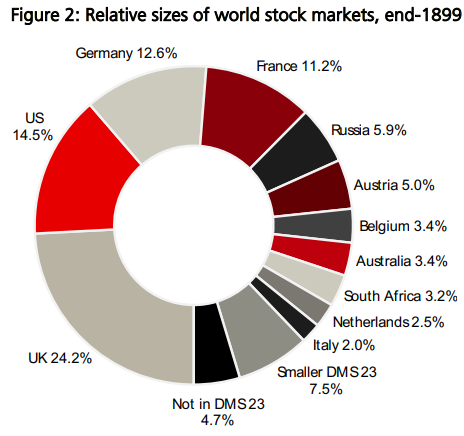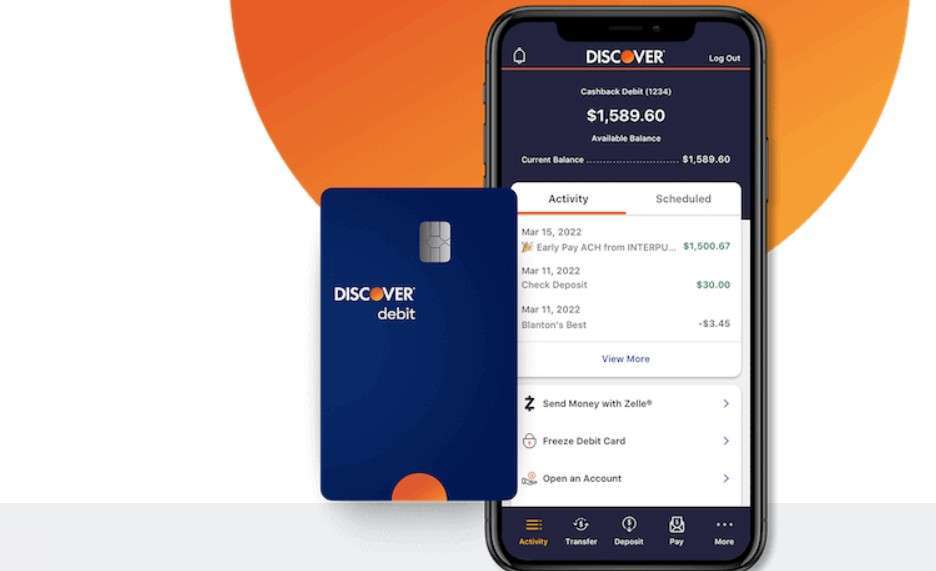Meal kit delivery company HelloFresh will pay $7.5 million to settle a civil lawsuit in California, which alleged the company deceptively enrolled consumers into auto-renewing subscription plans without proper disclosure or consent. These actions were found to violate the state’s Automatic Renewal Law and False Advertising Law.
Considered some of the strongest subscription regulations in the nation, California’s Auto Renewal Law has expanded significantly in recent years. Businesses using subscription models across the country will need to stay on top of these developments.
The complaint alleged that HelloFresh failed to clearly disclose subscription terms before collecting payment, did not obtain affirmative consent before charging customers’ credit or debit cards, and neglected to offer a simple and accessible cancellation mechanism.
In settling the suit, HelloFresh admitted no liability. “We take our commitment to customer transparency very seriously, and our subscription model and cancellation policies have been consistently clear to customers throughout the whole customer journey,” the company said in a statement.
A Law Grows Even Tougher
California’s Auto Renewal Law has long been one of the most comprehensive laws on subscription payments in the U.S. Over the years, it has led to settlements with businesses ranging from Peacock to SeaWorld.
Importantly, California keeps revisiting the law to add more teeth to it.
Notable updates in recent years include measures that went into effect in July.
Among the changes: consumers must now receive an annual reminder that clearly states the renewal frequency, the amount to be charged, and step-by-step instructions for cancellation. In addition, businesses must offer cancellation options through the same channel the subscription was initiated—for example, if sign-up happened online, cancellation must also be available online, not just over the phone.
Changes Around the Country
Other states have begun to follow California’s lead. In November, new restrictions will take effect in New York that are, in some ways, even stricter than those in California. For example, businesses operating in New York will be required to clearly disclose the price and terms of any automatic renewal offer—including detail cancellation instructions—before they can even request a consumer’s consent.
These state-level protections are being strengthened at a time when the federal government is pulling back.
Just last month, a federal appeals court blocked a “click-to-cancel” subscription rule issued by the Federal Trade Commission during the final months of the Biden administration.
Disclaimer: This story is auto-aggregated by a computer program and has not been created or edited by finopulse.
Publisher: Source link







